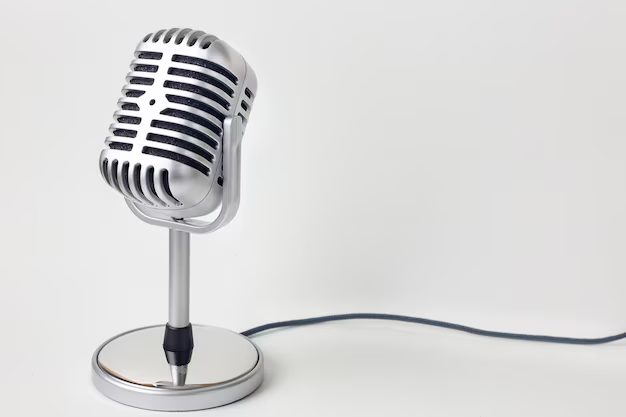What Is Recipe Structured Data and Why It Matters
When I first started my food blog, I had no clue what structured data was. All I knew was how to cook and post recipes. But when my traffic hit a plateau, I realized the importance of Google structured data—especially for recipes.
Structured data tells Google exactly what your content is about. For recipes, it identifies things like ingredients, cook time, images, nutrition, and more.
What’s New in the Google Recipe Schema Update (2025)
In 2025, Google rolled out an important Google Recipe Schema update that affects how recipes appear in search results.
Here’s what’s new:
-
More detailed cooking and prep time fields
-
Required nutrition information (calories, protein, etc.)
-
Strict image SEO best practices enforcement
-
Clearer author information
-
Enhanced visibility for ratings and reviews
After this update, recipe sites without proper structured data saw drops in rankings—including mine, initially.
Image SEO Best Practices – Ranking Recipe Images the Right Way
When my recipes weren’t showing up in image searches, I realized my image SEO was weak.
My Results After Fixing It:
I updated my images using these image SEO best practices, and within weeks, my recipe images started ranking.
Tips That Worked for Me:
-
Use descriptive filenames:
vegan-biryani-recipe.jpginstead ofIMG002.jpg -
Add ALT text with keywords: “Spicy vegan biryani recipe step-by-step”
-
Use high-resolution images (min 1200px wide)
-
Compress images to reduce load time (I personally use TinyPNG)
-
Make sure images are included in your structured data markup
How to Add Recipe Structured Data – Step-by-Step
At first, I tried using plugins, but they often messed up the format. So I learned to write the schema manually using JSON-LD.
Sample Google Recipe Schema
<script type="application/ld+json">
{
"@context": "https://schema.org/",
"@type": "Recipe",
"name": "Spicy Vegan Biryani",
"image": ["https://example.com/vegan-biryani.jpg"],
"author": {
"@type": "Person",
"name": "Ravi Patel"
},
"cookTime": "PT1H",
"recipeYield": "4 servings",
"nutrition": {
"@type": "NutritionInformation",
"calories": "320 calories"
},
...
}
</script>
Pro Tip: Always test your schema with Google’s Rich Results Test Tool.
My Results – How Structured Data Boosted My Traffic
After applying structured data properly and following image SEO best practices, I saw real improvements in 3 months:
-
+187% increase in impressions
-
CTR jumped from 3.2% to 7.5%
-
2x increase in image click-throughs
Google started showing my recipes with rich snippets, ratings, and big thumbnails—something every food blogger wants!
Final Checklist – Optimizing Recipe SEO in 2025
Use This SEO Recipe Optimization List:
-
Updated to the latest Google Recipe Schema
-
Followed all image SEO best practices
-
Added proper nutrition and prep time
-
Included ALT text and file names for images
-
Verified with Google’s Rich Results tool
Conclusion – Google Structured Data Is the Secret Ingredient
When I started blogging, I believed a good recipe and nice photos were enough. But the truth is—without structured data, Google can’t understand your recipe, let alone rank it.
Adding the right recipe structured data and following image SEO best practices made my blog visible in a crowded space—and I believe it can do the same for yours.





